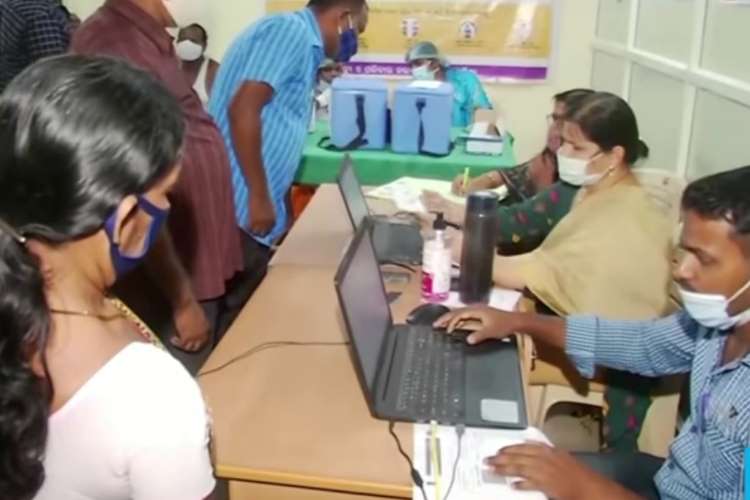
The second wave of the Covid-19 pandemic has unleashed unprecedented levels of devastation in India. The country added 3.32 lakh new cases on Thursday, while 2,263 patients succumbed to the deadly virus as most states ran out of essential medicines and oxygen supplies. The total number of fatalities have crossed 1,86,920, a number disputed by independent observers. Bodies piling up at burial grounds and crematoriums point to a much higher death toll in the country that has a poor record of counting births and deaths.
On Thursday, India posted a record in the number of new infections, leading to speculations that the country may be staring at another round of lockdown measures. The Union and state governments are trying to avoid another lockdown as it may hurt the country’s fragile economic recovery.
READ I Covid-19: Kerala will need to take tough decisions
How to survive the Covid-19 onslaught
While the government is addressing the crisis through policy measures, what can the people do to survive the second wave of the Covid-19 pandemic? Here are some tips.
- Vaccinate all at home if they are eligible for vaccination. Make sure every eligible member gets at least one dose of vaccine ASAP.
- Discard cloth masks and buy N95 masks. The new variant of Covid-19 has high transmissibility (up by 20%) and there is a high chance of aerosol spread. One person infected in the family will take it to all others, unlike the previous variant that infected only one or two. So, spend some more money and move to N95. If you see someone who can’t afford one, gift them one.
- Avoid all non-essential travel. Think thrice before embarking on a trip. Leisure travel at this juncture is nothing but suicidal. So, stay home, the best space of all. If you are travelling, carry a hand sanitiser and remember to use it when needed. Don’t trust the ones you get for free at public places.
- Risk stratify all at home. All outside ventures should be done by the lowest risk guy at home — for groceries, bills and all essential travel. It is best if this person is fully vaccinated and crossed two weeks post second dose. Communities can think of having a small healthy, lowest-risk team that can do these day time jobs and keep the middle aged and elderly population away from exposure to Covid-19 virus.
- Volunteer for your unvaccinated neighbourhood families if you are a fully vaccinated person. Help them with purchases and bill payments. Help them to reach a nearby vaccination centre if you have a car. Public transport is getting riskier by the day.
- Take extra precautions while you visit a vaccine centre. It is better that a fully vaccinated person accompanies you and stand in queue till your name is called. You can wait away from the crowd. The crowds at these places are possible covid sources.
- Don’t be over confident with your double dose vaccine. You will probably not get serious illness but you still can get mild to moderate illness and can infect other people. So, just take adequate precautions to protect your unvaccinated loved ones – that includes your children at home.
- Don’t let children/adolescents roam outside and play outdoors for the next three weeks. They may have a low risk of serious illness but don’t take that random chance. We have seen enough children losing their lives and many are on ventilators now across the country. They are good spreaders of the disease, so keeping them at home helps contain the spread too.
- Try to sensitise less serious people walking around us. Our protection is only good if all in the group stay serious. The least serious guy in any group is the biggest threat in these situations. Don’t be that one person who spoils the soup for the rest.
- Stop spreading false information about the disease, Covid-19 vaccines or the treatment. We are dealing with a virus that can kill only one person per 200 in a real scenario. The rest will recover but we should be dead serious to be in that 99.5% survivor list.
(Dr Manu Raj is a paediatrician, clinical researcher and research methodologist based in Kochi. Views are personal.)
Dr Manu Raj is a paediatrician, clinical researcher and research methodologist based in Kochi.


